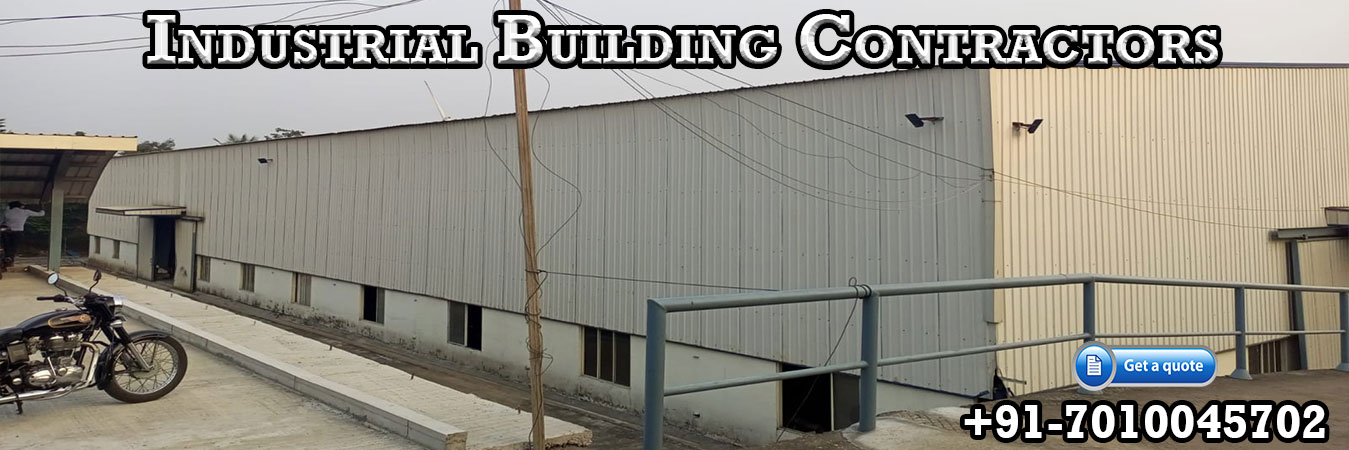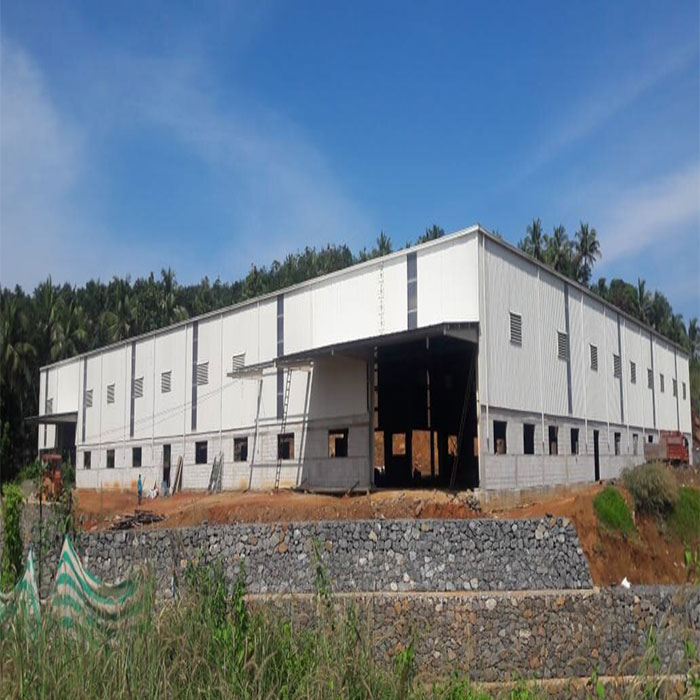


Industrial building contractors play a crucial role in the development and evolution of modern infrastructure. Their expertise is indispensable in the construction of facilities that house manufacturing, warehousing, and distribution operations. This essay explores the key functions of industrial building contractors, their significance in the construction industry, and the impact they have on the growth of industrial sectors.
Industrial building contractors are involved in the initial stages of a project, collaborating with architects and engineers to plan and design industrial facilities. They consider factors such as space utilization, workflow efficiency, safety standards, and environmental regulations to create optimal blueprints for the construction process.
Navigating complex building codes, zoning regulations, and environmental standards is a critical aspect of industrial construction. Contractors ensure that projects adhere to all relevant regulations, obtaining necessary permits and approvals to guarantee compliance with legal requirements.
Industrial building contractors manage the entire construction process, overseeing tasks such as site preparation, foundation work, structural framing, and the installation of utilities. They coordinate with subcontractors, ensuring that each phase of the project is executed seamlessly and within the specified timeline.
Controlling costs is essential in industrial construction, where large-scale projects involve substantial financial investments. Contractors develop detailed budgets, monitor expenditures, and implement cost-saving measures without compromising the quality and safety of the final product.
Construction projects inherently involve risks, ranging from unforeseen site conditions to unexpected delays. Industrial building contractors assess and mitigate these risks, implementing strategies to minimize disruptions and ensure the project's timely completion.
Industrial construction projects contribute significantly to economic development by creating job opportunities, stimulating local economies, and attracting investments. The construction of industrial facilities enhances a region's infrastructure, fostering a conducive environment for business growth and innovation.
Industrial building contractors embrace technological advancements to improve construction efficiency. The integration of innovative construction methods, materials, and machinery enhances the speed and quality of industrial projects, promoting sustainability and resilience in the built environment.
Industrial buildings are integral to the global supply chain, providing essential spaces for manufacturing, assembly, and distribution. Contractors play a vital role in ensuring that these facilities are strategically located, designed, and constructed to support the seamless flow of goods and materials.
Modern industrial construction emphasizes sustainability and environmental responsibility. Industrial building contractors incorporate green building practices, energy-efficient systems, and eco-friendly materials to minimize the environmental impact of industrial facilities.
In conclusion, industrial building contractors are key players in the construction industry, contributing significantly to economic development, technological advancements, and the global supply chain. Their multifaceted roles, from project planning and design to construction management and risk mitigation, shape the landscape of modern infrastructure. As industries continue to evolve, the expertise of industrial building contractors remains essential in constructing facilities that meet the demands of a dynamic and ever-changing industrial landscape.